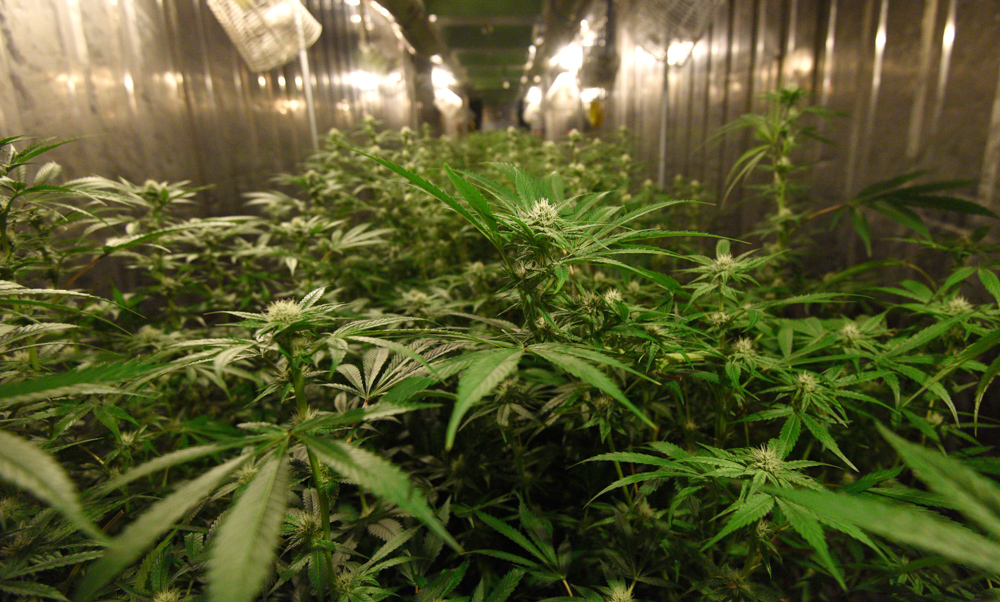Cannabis Tax Revenue Continues to Grow Despite Pandemic
Santa Barbara County to See More Dispensaries in Future

Santa Barbara County collected $2.6 million in cannabis tax revenue during the second quarter of the 2020-21 fiscal year — a 30 percent increase in the taxes collected over the same quarter last fiscal year.
Of the 118 cannabis operators in the county, the $2.6 million came from just 56 of them. Thirty-seven filed zero gross receipts, or they didn’t report any sales, which happens in certain instances, such as nursery operations. The remaining 25 operators didn’t report at all.
Despite the financial impact of the pandemic, cannabis tax revenues have continued to remain strong. The following are the top three takeaways from the county’s presentation on cannabis tax revenue over the second quarter — October 1-December 31, 2020.
1) Enforcement for unpermitted cannabis operations has continued despite growing legal cannabis. Quarter two saw just one more enforcement action than the previous quarter for a total of six. Between these six enforcement actions, 64 live plants and 180 pounds of dried product were confiscated. In total, nearly $4.2 million worth of cannabis product has been seized during the 2020-21 fiscal year so far.
When it comes to complaints on legal grows, those haven’t slowed down. In the second quarter, the Agricultural Commissioner’s team conducted two investigations related to pesticide violations. In addition, Planning and Development responded to 105 cannabis complaints, the majority of which continue to be about odor.
2) More retail storefronts are in Santa Barbara’s future. Cannabis Principal Analyst Brittany Heaton said that county staff and a third-party consultant have already completed the first steps toward rating applicants who are looking to set up shop in the community plan areas designated for the dispensaries. Now, they will rate each applicant’s neighborhood compatibility plan and the highest-ranked applicant in each community plan area will be eligible to seek a land-use permit and a retail business license.
3) Six new cannabis projects were submitted in the second quarter alone. During this same period, five projects were appealed, two were approved and are pending issuance, and one new project permit was issued. From the start of the cannabis program, there have been 174 projects proposed. Thirty of them have since been withdrawn or closed, only one was denied, and 30 were either issued permits or are pending. There are 10 projects currently on appeal and 103 under review.



